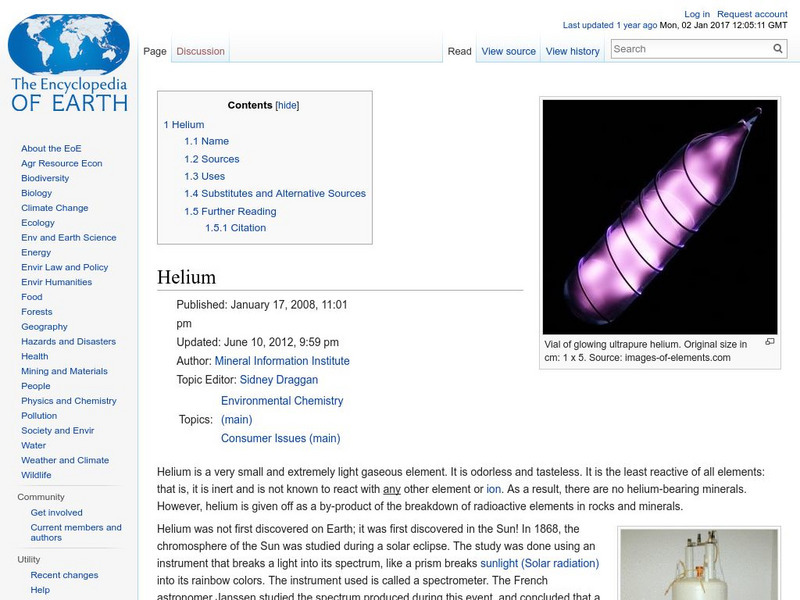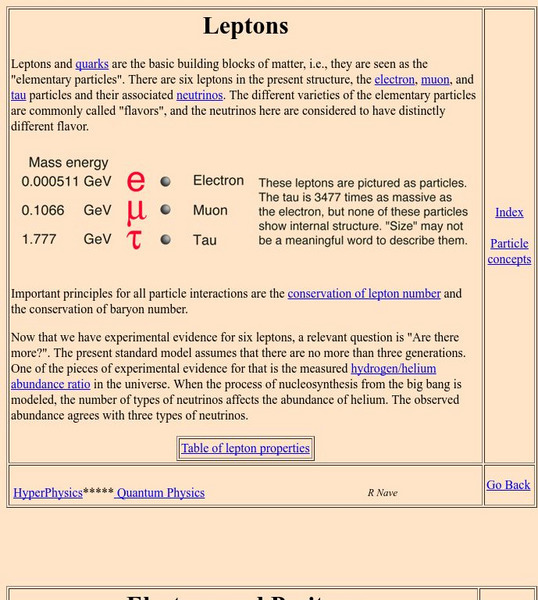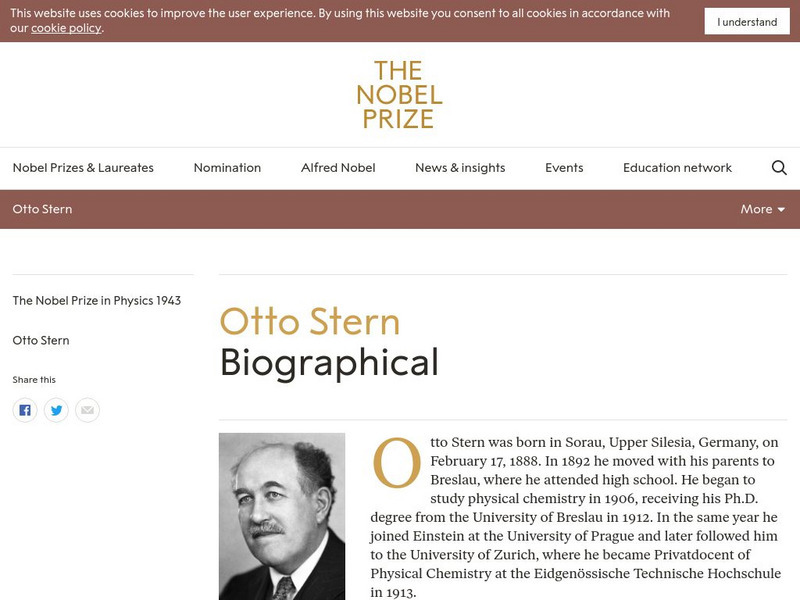Encyclopedia of Earth
Encyclopedia of Earth: Helium
Information about the element, Helium, atomic number 2. Covers its discovery, physical and atomic properties, how abundant it is on the Earth, its uses, possible substitutes, and permissible exposure limits.
How Stuff Works
How Stuff Works: How Helium Balloons Work
This article explains how helium is able to keep balloons afloat in the air. Compares them to how hot air balloons work. Includes a video, and some activities to try for testing the principles being discussed.
Ducksters
Ducksters: Chemistry for Kids: Elements: Helium
Explore the element helium and its chemistry including atomic weight, atom, uses, sources, name, and discovery. Plus properties and characteristics of helium.
Chemicool
Chemicool: Helium
This site from Chemicool provides a set of tables summarizing a great deal of information on helium and its properties.
Science Struck
Science Struck: Properties of Noble Gases
Read about the properties of the six noble gases - helium, neon, argon, krypton, xenon, and radon.
Florida State University
Florida State University: Magnet Lab: Dilution Refrigerators
Dilution fridges owe their cooling power to the incredible element helium. This animation illustrates how dil fridges exploit the element's properties to make things very, very cold.
Georgia State University
Georgia State University: Hyper Physics: Leptons
This site has a definition and properties of Leptons, the "Basic building blocks of matter." There are links to table of properties and more information.
Upper Canada District School Board
Tom Stretton's Chemistry Pages: The Noble Gases
Through an online slideshow format, learn about the chemical properties and practical uses of the noble gases. Includes questions at end.
Science Struck
Science Struck: Facts About Noble Gases
Learn how noble gases were discovered, what their properties are, and their uses. Includes a chart listing the six noble gases and some details about them.
Other
Virtual Chembook: Density Applications With Gases
DENSITY is a physical property of matter, as each element and compound has a unique density associated with it. Density defined in a qualitative manner as the measure of the relative "heaviness" of objects with a constant volume. For...
Khan Academy
Khan Academy: Ideal Gases in Medicine
This passage tests your knowledge on the kinetic molecular theory of gases using the five-question quiz.
Nobel Media AB
The Nobel Prize: Otto Stern Biographical
This is a brief biography on the life and scientific work of Otto Stern, a physicist honored with the Nobel Prize in physics for his "development of the molecular ray method and his discovery of the magnetic moment of the proton."







